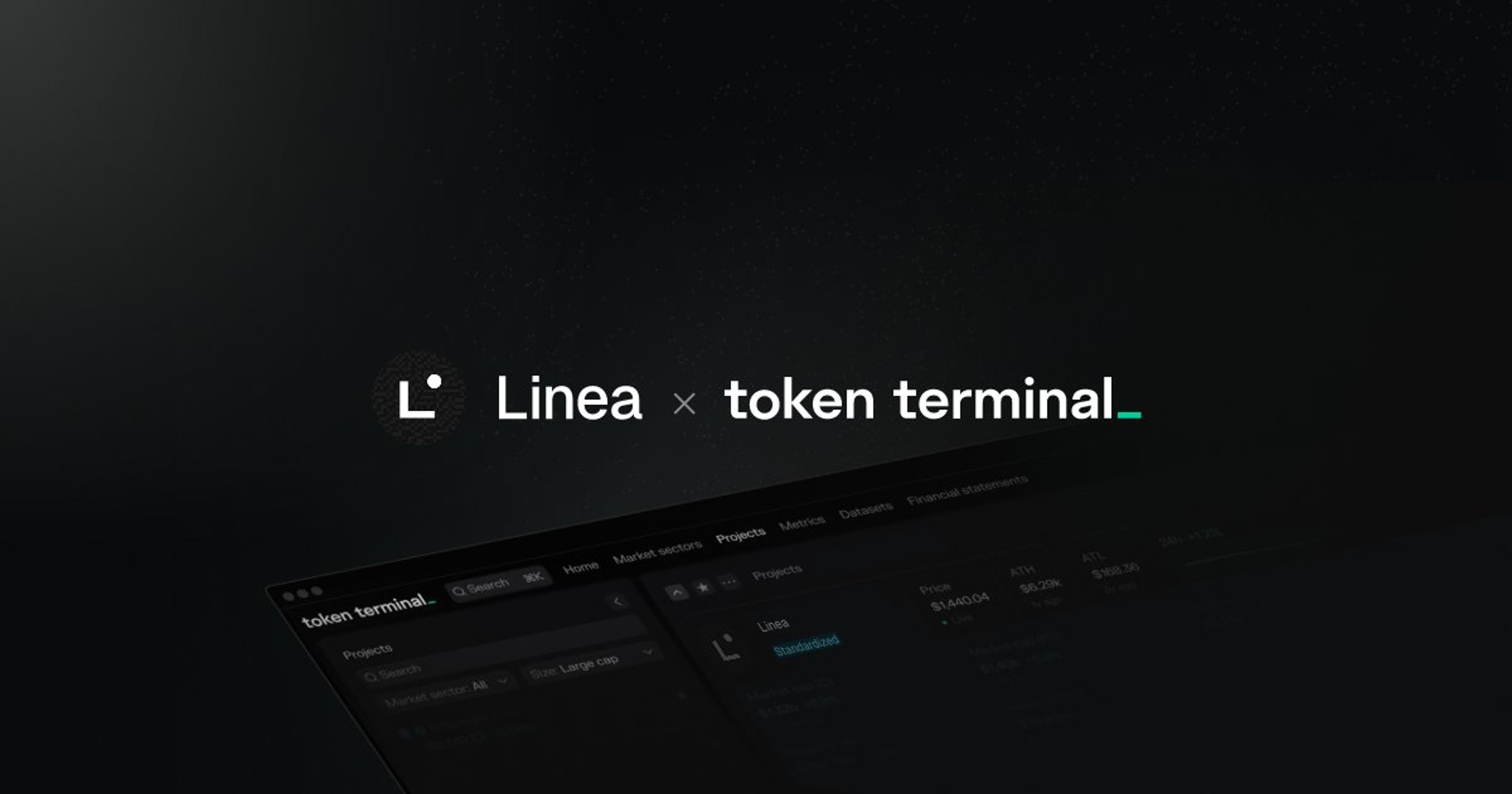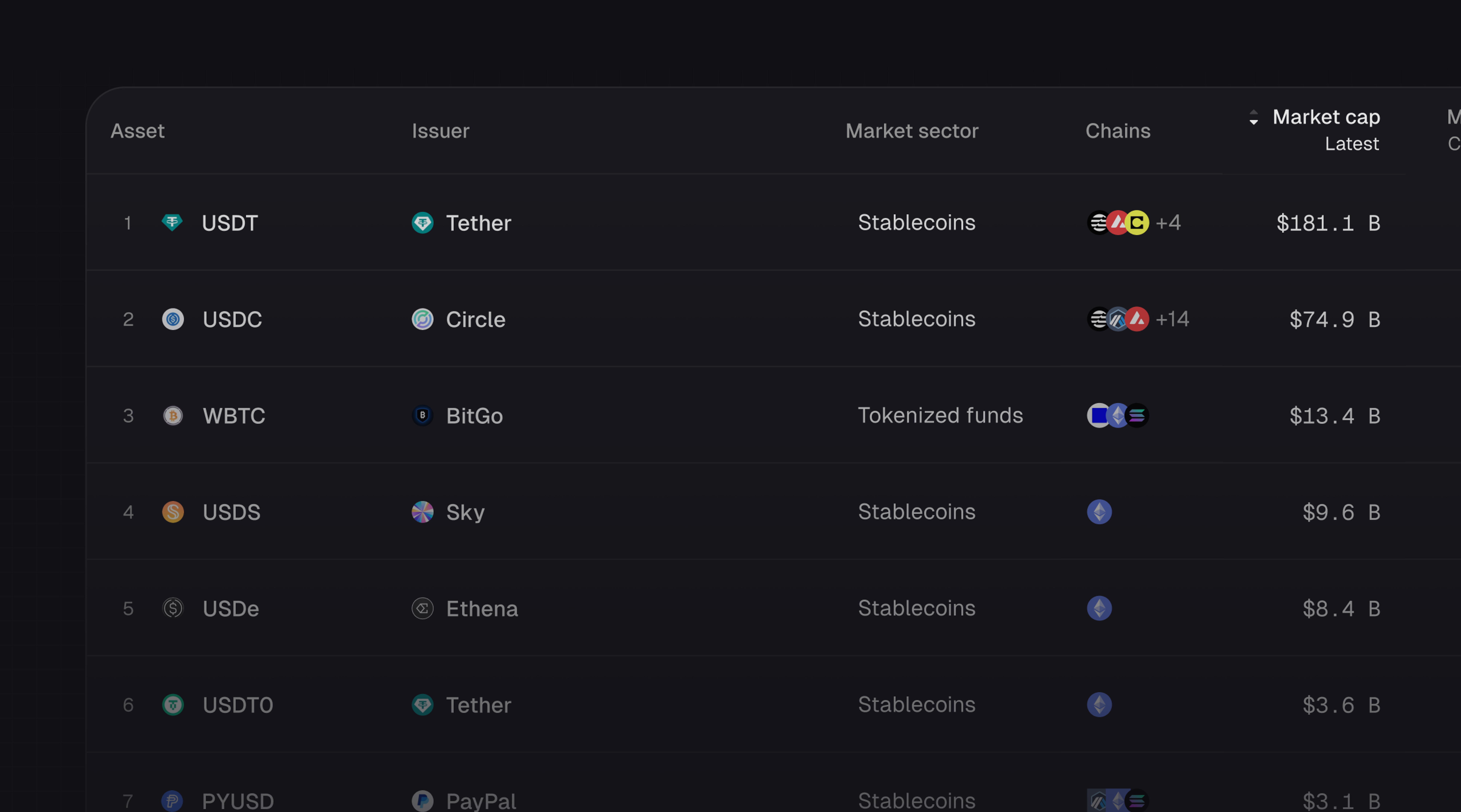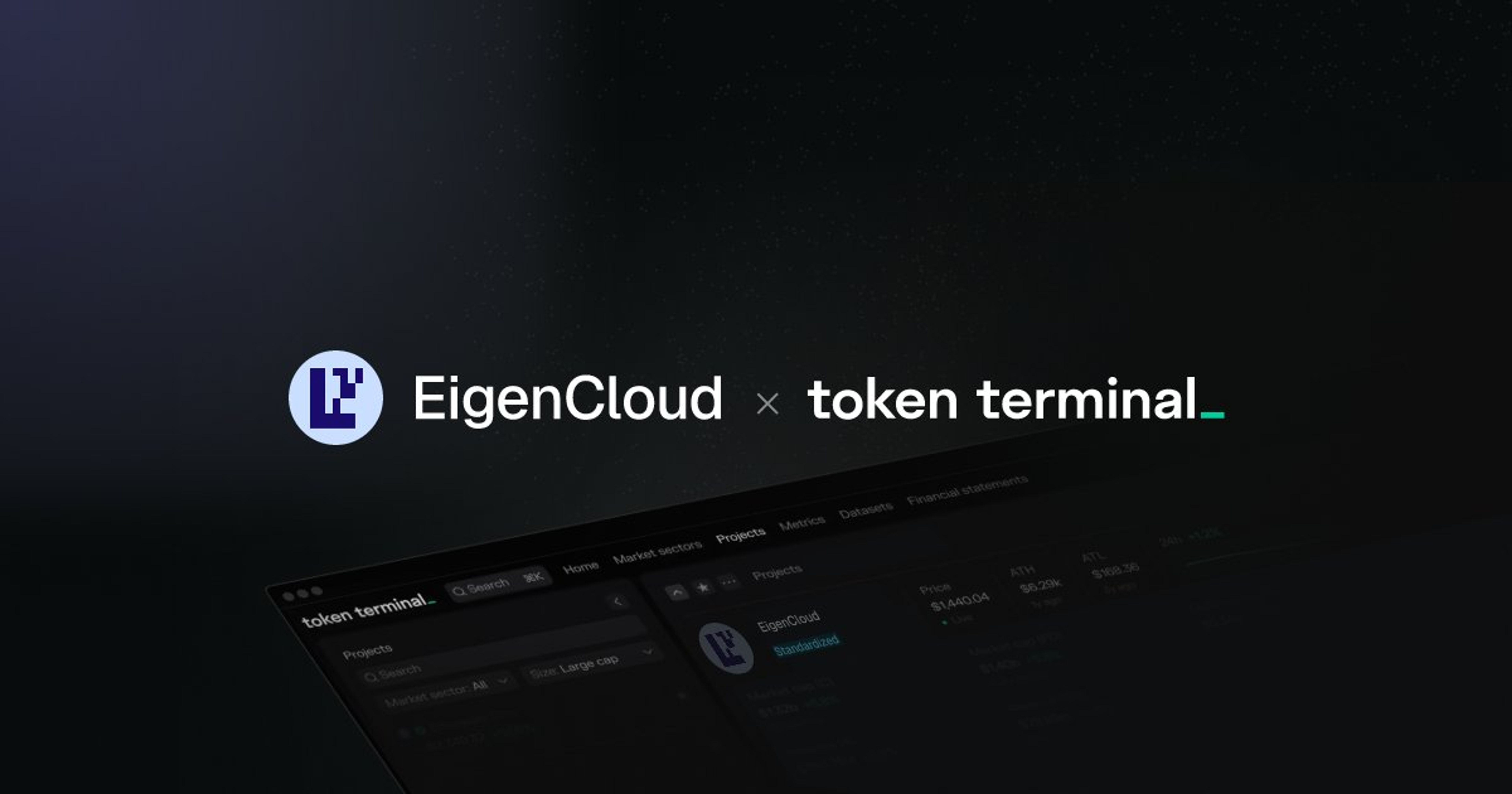Research
TL;DR: Set protocol bundles crypto-assets into tokenized baskets that can be restructured based on any management or trading logic. The…

TL;DR: The Set protocol bundles crypto-assets into tokenized baskets that can be structured based on any management or trading logic. The Set protocol is essentially a decentralized version of an asset management service such as Betterment.
What are Set tokens?
Sets are ERC20 tokens comprised of a basket of supported assets (a fully collateralized portfolio). The Set protocol uses a collection of modular smart contracts to define how Sets are created, issued, rebalanced, and redeemed.
Why use Sets?
Sets make executing any portfolio strategy simple — users just need to hold the Set (users do not need to manage their portfolio manually). Sets can be used similar to ETFs, and/or for managing any crypto assets according to a chosen strategy (eg. moving average, range bound, etc.)
How are Sets created?
By transferring the underlying tokens to Set protocol’s vault contract — a new Set token representing those tokens is created. The net asset value (NAV) of any given set equals to the total aggregate value of the underlying collateral. The Set creator tools are currently not public.
How are Sets rebalanced?
Rebalancing refers to the periodic realigning of the weighting of the portfolio (Set) to maintain the intended allocation. Set holders, don’t need to do anything but hold the Set token. The rebalances are done on-chain through a public dutch auction process.
Token model:
The Set protocol does not currently have a native token. There are no built in fees in the protocol (in addition to network fees = gas costs). However, outside traders can determine their own fees on Social Trading Sets.
Governance:
Set protocol has initially a centralized governance. The Protocol will eventually shift to a community-based governance system.
What is being built?
TokenSets is the first application built on the Set protocol. TokenSets allows users to buy and sell tokenized portfolio management strategies through:
i) Robo Sets (managed by an algorithm), or ii) Social Trading Sets (managed by an outside trader).
Currently, TokenSets supports ETH, WBTC, LINK, USDC, cUSDC, DAI and cDAI. Only assets with sufficient liquidity (especially for rebalances) are added.
i) Robo sets:
Robo Sets are the first Sets launched on TokenSets. Robo sets are automatically rebalanced. Every Set has a different: a) window of time that it must pass before it can rebalance, and b) indicator that can trigger a rebalance (eg. price drops below x).
ii) Social Trading Sets:
Sets created by outside traders. These Sets follow the given trading strategy and are rebalance whenever the trader sees fit. The trader can set their own fees, for example a performance fee. The most popular Sets are the ones with the highest market cap.
Token Terminal provides financial and business metrics on crypto protocols — metrics we’re used to seeing applied to traditional companies, e.g the P/E ratio. Crypto protocols operate like traditional businesses, only they do it directly on the Internet.
For more, check out Token Terminal’s website and Twitter.
The authors of this content, or members, affiliates, or stakeholders of Token Terminal may be participating or are invested in protocols or tokens mentioned herein. The foregoing statement acts as a disclosure of potential conflicts of interest and is not a recommendation to purchase or invest in any token or participate in any protocol. Token Terminal does not recommend any particular course of action in relation to any token or protocol. The content herein is meant purely for educational and informational purposes only, and should not be relied upon as financial, investment, legal, tax or any other professional or other advice. None of the content and information herein is presented to induce or to attempt to induce any reader or other person to buy, sell or hold any token or participate in any protocol or enter into, or offer to enter into, any agreement for or with a view to buying or selling any token or participating in any protocol. Statements made herein (including statements of opinion, if any) are wholly generic and not tailored to take into account the personal needs and unique circumstances of any reader or any other person. Readers are strongly urged to exercise caution and have regard to their own personal needs and circumstances before making any decision to buy or sell any token or participate in any protocol. Observations and views expressed herein may be changed by Token Terminal at any time without notice. Token Terminal accepts no liability whatsoever for any losses or liabilities arising from the use of or reliance on any of this content.
Stay in the loop
Join our mailing list to get the latest insights!
Continue reading

Customer stories: Token Terminal’s Data Partnership with Linea
Through its partnership with Token Terminal, Linea turns transparency into a competitive advantage and continues to build trust with its growing community.

Introducing Tokenized Assets
Token Terminal is expanding its standardized onchain analytics to cover the rapidly growing category of tokenized real-world assets (RWAs) – starting with stablecoins, tokenized funds, and tokenized stocks.

Customer stories: Token Terminal’s Data Partnership with EigenCloud
Through its partnership with Token Terminal, EigenCloud turns transparency into a competitive advantage and continues to build trust with its growing community.